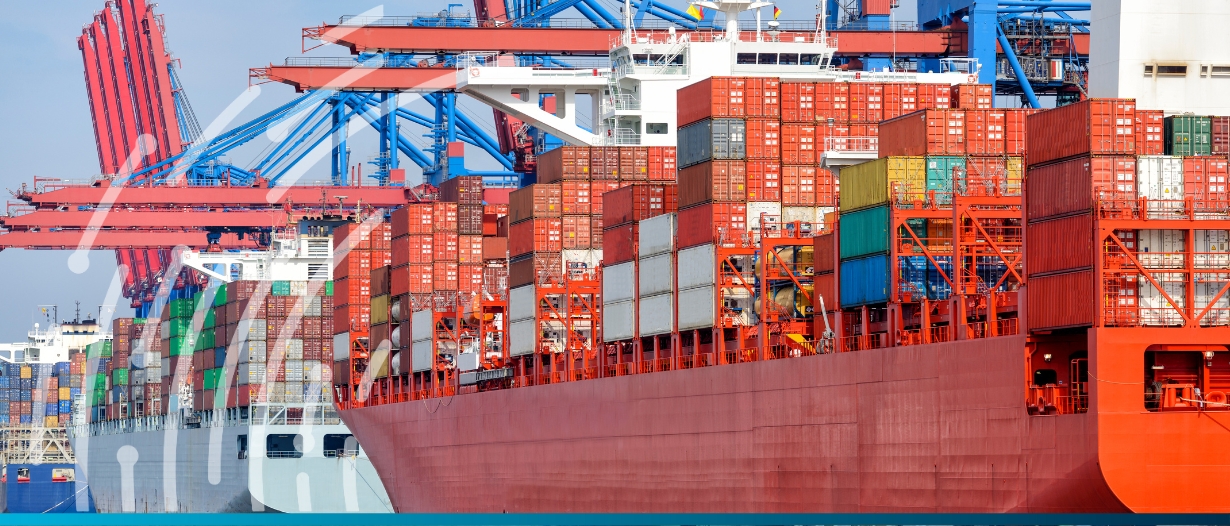Estimated reading time: 2 minutes
In a positive step for trade digitalisation, BIMCO’s “25 by 25” campaign has surpassed its initial target within its first year. The campaign commits major shippers in the bulk sector to using electronic bills of lading (eBLs) for at least 25% of their annual seaborne trade volume for one commodity by 2025. The initial four participating shippers, BHP, Rio Tinto, Vale, and Anglo American have achieved an average adoption rate of 25.1% in their iron ore trade.
This early success represents an important advance in efforts to streamline supply chain processes and speed up the digital transformation of trade in the bulk sector. Electronic bills of lading provide many benefits, such as increased efficiency, cost reduction, and improved transparency and security.
By contrast, paper bills of lading are slower, less efficient, and more vulnerable to fraud and human error, presenting legal and commercial risks like reliance on letters of indemnity or losses in transit.
Achieving our target with the participating iron ore shippers just a year into the campaign reflects the industry’s dedication to digital transformation. The quick progress to reach digitalisation is an encouraging step. According to BIMCO, the next step is to expand the campaign to include other bulk trades.
Hui Ling Chan, VP of Order-to-Cash Global Business Services at BHP, emphasised BHP’s dedication to supporting the shipping industry’s digital transformation.
Laure Baratgin, Head of Commercial Operations at Rio Tinto, reiterated the company’s commitment to enhancing trade flow security, traceability and efficiency through innovative digital solutions.
Wang Si, Iron Ore Sales Administration Manager at Vale, noted that hitting the 25% adoption rate for iron ore seaborne trade reflected Vale’s continuous efforts in digitalisation and innovation, benefiting the entire supply chain.
Demian Reed, Global Head of Sales Operations at Anglo American, said the campaign’s success was a key step towards driving efficiency and innovation in their supply chains.
BIMCO, a founding member of the FIT Alliance, continues to collaborate with the DCSA, ICC, SWIFT, and FIATA to develop and adopt standards that facilitate the widespread use of electronic bills of lading. The success of the “25 by 25 pledge” within its first year underscores the potential for achieving a fully digital trade future.

























